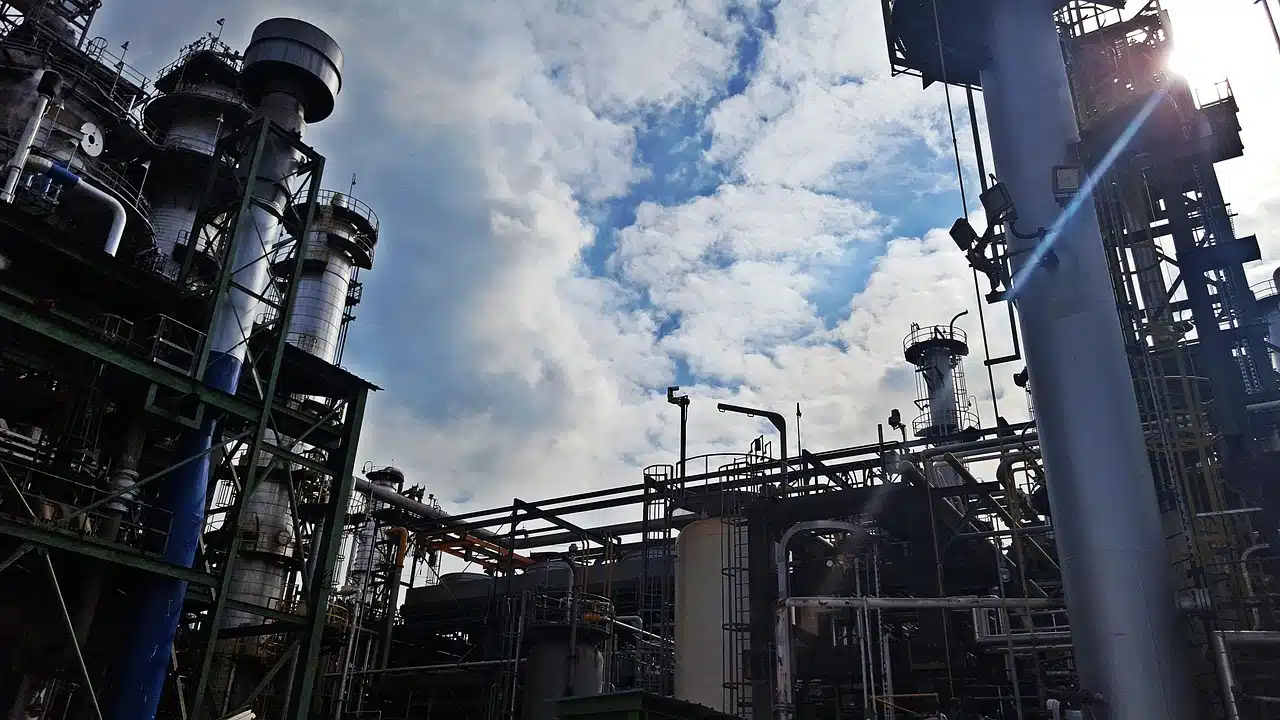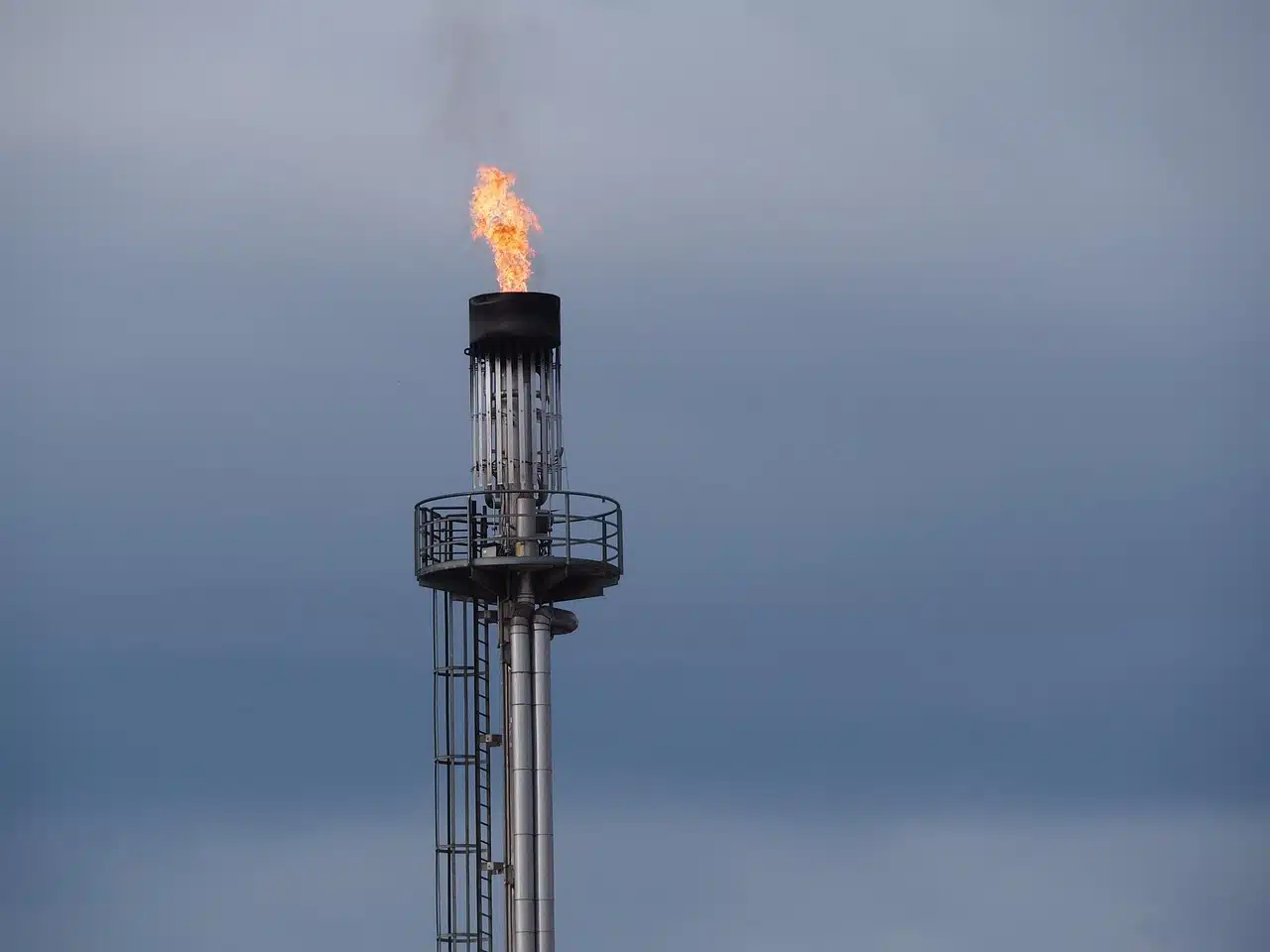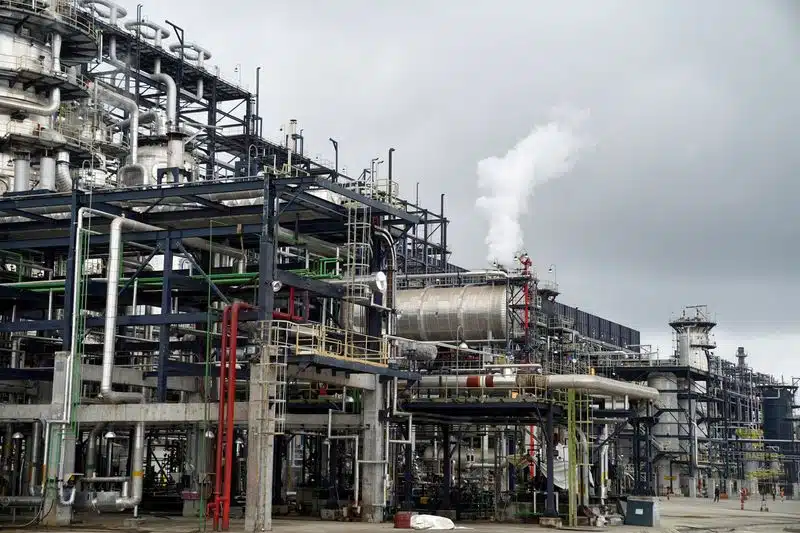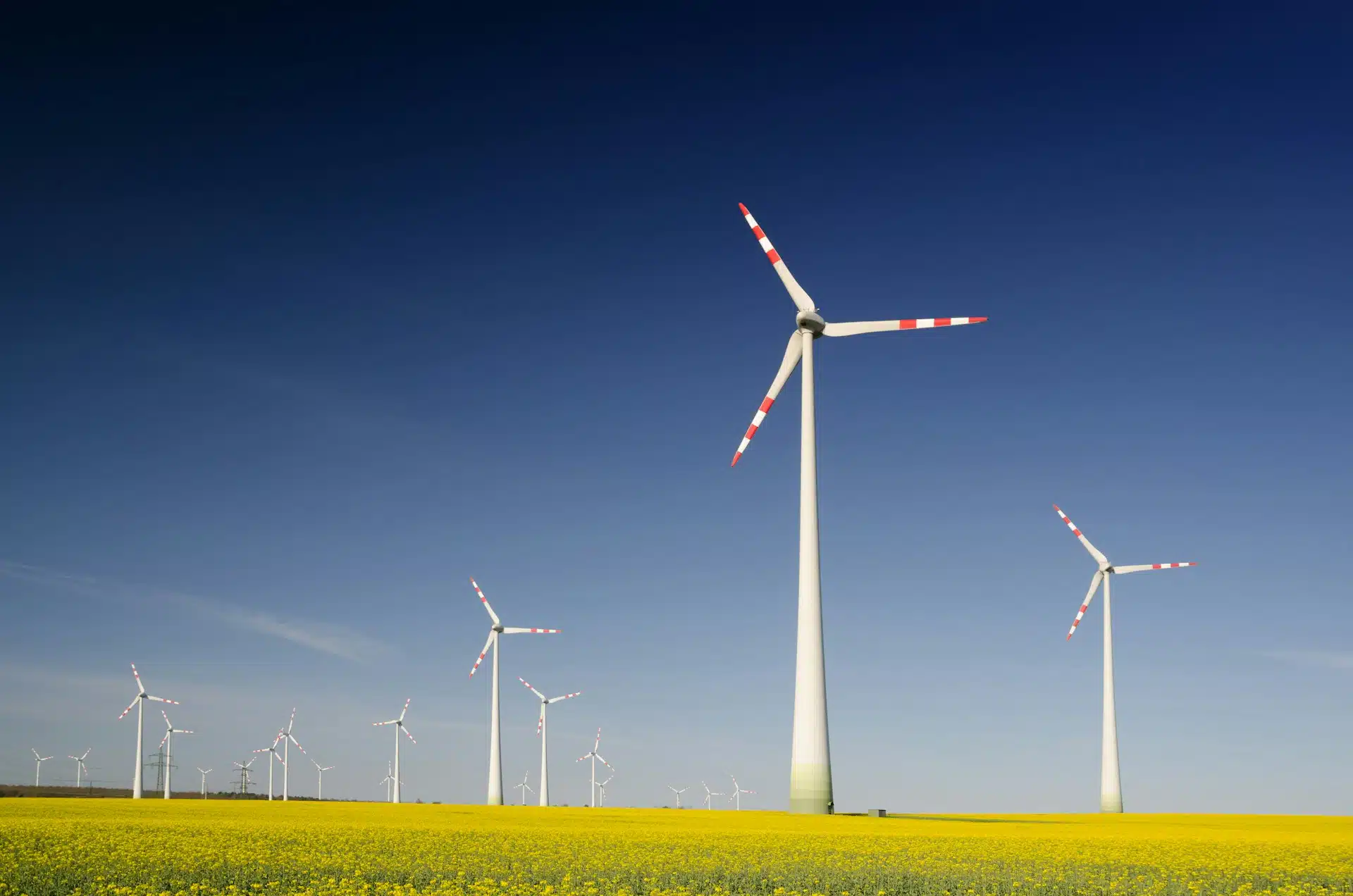In the bid to close financing gaps in the energy sector, the African Energy Bank (AEB) is set to commence operations in June 2025, with its headquarters in Abuja, Nigeria.
A joint initiative, spearheaded by the African Petroleum Producers’ Organization (APPO) and the African Export-Import Bank (Afreximbank), the bank aims to address critical financing gaps in the continent’s oil, gas, and renewable energy sectors.
With an initial capitalisation of $5 billion, AEB seeks to mobilize investments to utilize resources, thereby enhancing energy security and fostering economic growth across Africa.
Africa energy sector initial funding challenges
The AEB’s launch was initially scheduled for January 2025, making it the second time it has been rescheduled from the first date in September 2024.
Funding challenges could have been the reason for the move.
Africa’s energy sector has long faced under-investment despite the continent’s vast hydrocarbon reserves and renewable energy potential.
Traditional international financing has often prioritized green energy transitions elsewhere, leaving African nations struggling to fund critical oil and gas projects.
The AEB is the strategic response to mobilize resources from within the continent and reduce reliance on external lenders.
According to Nigeria’s Minister of State for Petroleum Resources(Oil), Heineken Lokpobiri, the bank will target an asset base of $120 billion within the next five years, signaling ambitious plans to scale up energy infrastructure.
The 18 APPO member states have contributed $83 million each, except Nigeria, which contributed $100 million to secure the host position.
This totals $1.5 billion by February 2025, ensuring the AEB meets its operational threshold by June 2025.
Afreximbank and APPO were expected to match this amount and seek investors from other sources.
The impact of the African Energy Bank
The primary focus of the financial institution is twofold: to finance oil and gas projects while supporting Africa’s gradual shift toward cleaner energy sources.
This dual focus addresses immediate energy needs, such as powering industries and homes, while aligning with global sustainability goals.
The bank will prioritise funding for exploration, production, and refining alongside investments in solar, wind, and hydropower initiatives.
By managing risks and engaging in energy trading, the AEB aims to stabilise markets and attract private-sector participation.
This will reduce dependency on foreign capital, the bank could unlock billions in investments, create jobs, and enhance energy access for millions.
Minister of Hydrocarbons of the Republic of Congo and current President of APPO, Bruno Jean Richard Itoua, spoke about appointing the necessary positions for the AEB as soon as possible.
To drive this, the African Petroleum Producers Organization (APPO) hired PricewaterhouseCoopers (PwC) as the project management company for the bank on March 7th, 2025.










